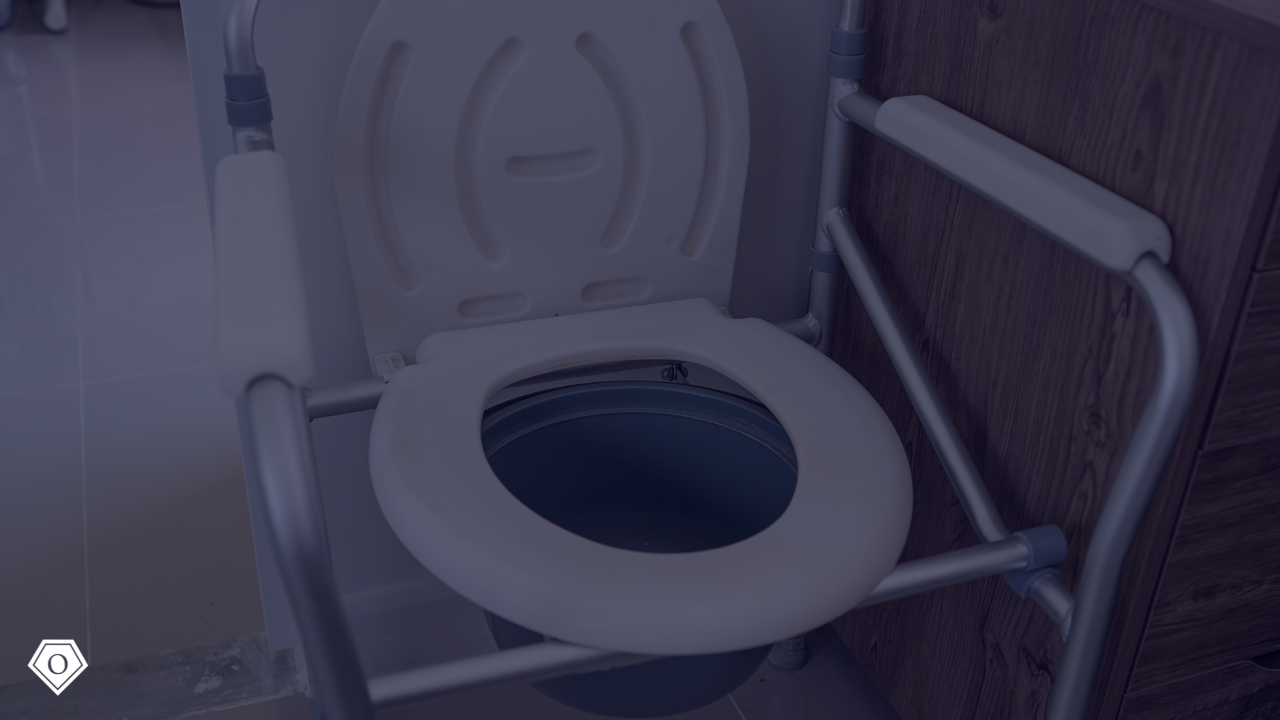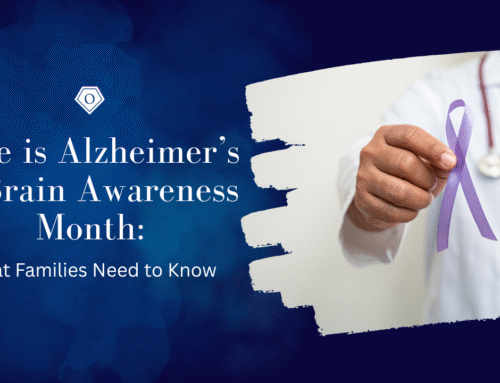A urinary tract infection (UTI) is an infection that affects the urinary system, which includes the kidneys, ureters, bladder, and urethra. UTIs are caused by bacteria that enter the urinary tract and multiply, leading to an infection.
The most common type of UTI is a bladder infection known as cystitis. Cystitis typically causes symptoms such as frequent urination, pain or burning during urination, and lower abdominal discomfort. However, if the infection spreads to the kidneys, it can cause a more severe type of UTI called pyelonephritis. Pyelonephritis can cause symptoms such as fever, chills, nausea, and vomiting, in addition to the typical symptoms of a UTI.
UTIs are more common in women than men, but anyone can get a UTI.
Risk factors for UTIs include being female, being sexually active, having a history of UTIs, using certain types of birth control, having an obstruction in the urinary tract, having a weakened immune system, and certain medical conditions such as diabetes. Treatment for UTIs typically involves antibiotics to clear the infection, along with symptom relief such as pain medication and increased fluid intake.
It is crucial to prevent UTIs in older people for several reasons:
- Increased risk of complications: Elderly individuals are more likely to experience complications from UTIs, including kidney damage, sepsis, and delirium. These complications can be severe, require hospitalization, and lead to long-term health problems.
- A decline in cognitive function: UTIs can cause a decline in cognitive function in the elderly, particularly those with dementia. This decline may be temporary or permanent and can impact the individual’s ability to perform daily activities.
- Reduced quality of life: UTIs can cause pain, discomfort, and inconvenience for older people, leading to a reduced quality of life. In some cases, UTIs can also lead to social isolation and decreased independence.
- Increased healthcare costs: UTIs are a leading cause of hospitalization in older people, and the costs associated with hospitalization and treatment can be significant. Preventing UTIs can help reduce healthcare costs and improve the overall health of the elderly population.
To prevent UTIs in the elderly, it is important to maintain good hygiene, drink plenty of fluids, empty the bladder regularly, and practice safe sex. Additionally, healthcare providers may recommend cranberry supplements or antibiotics to prevent UTIs in individuals with recurrent infections.
Urinary tract infections (UTIs) can present differently in the elderly than in younger adults.
Here are some common UTI symptoms in older adults:
- Confusion or delirium: UTIs can cause confusion or delirium in the elderly, especially those with dementia. This can be the primary symptom and may be the only symptom.
- Fever: The elderly may develop a fever with a UTI, but it may not be as high as it would be in younger adults.
- Weakness or fatigue: UTIs can cause weakness or fatigue in the elderly, making them feel tired and lethargic.
- Urinary incontinence: UTIs can cause urinary incontinence in the elderly, which may be a new or worsening symptom.
- Urinary frequency and urgency: The elderly may experience a more frequent and urgent need to urinate.
- Pain or discomfort during urination: UTIs can cause pain or discomfort during urination, which can be particularly bothersome for older adults.
- Cloudy, bloody, or foul-smelling urine: UTIs can cause changes in urine color, odor, and clarity.
It is important to remember that some elderly individuals with UTIs may not exhibit typical symptoms, such as pain or burning during urination, making diagnosis more difficult. Therefore, if you suspect a UTI in an elderly person, it is important to seek medical attention promptly to prevent complications.
Urinary tract infections (UTIs) are common in elderly people and can be particularly problematic due to the increased risk of complications such as kidney damage or sepsis.
UTIs can take longer to diagnose in the elderly for several reasons, including:
- Atypical symptoms: As mentioned earlier, UTIs in older adults can present with atypical symptoms such as confusion, delirium, or weakness, which can be easily overlooked or attributed to other causes. As a result, healthcare providers may not consider a UTI as the cause of the patient’s symptoms initially.
- Cognitive impairment: Many elderly individuals have a cognitive impairment, which can make it difficult to communicate their symptoms clearly, leading to delays in diagnosis and treatment.
- Age-related changes: Aging can cause changes in the urinary tract, increasing the risk of UTIs in the elderly. However, these changes can also make it more challenging to diagnose UTIs as the elderly may not have the typical symptoms of burning, urgency, or frequency that are commonly associated with UTIs.
- Multiple health conditions: The elderly are more likely to have multiple health conditions, which can complicate the diagnosis of UTIs. The presence of other underlying conditions can mask or exacerbate UTI symptoms, leading to delays in diagnosis.
- Medication use: The elderly are more likely to take multiple medications, which can cause side effects that mimic UTI symptoms, leading to delays in diagnosis.
Due to these factors, UTIs in the elderly can be challenging to diagnose, and healthcare providers must be vigilant in considering UTIs as a possible cause of atypical symptoms in this population. Prompt diagnosis and treatment are essential to prevent kidney damage or sepsis complications.
Here are some ways to help prevent UTIs in the elderly:
- Stay hydrated: Encourage the elderly to drink plenty of fluids to help flush bacteria from their urinary tract.
- Practice good hygiene: Encourage the elderly to wipe front to back after using the toilet and to clean the genital area regularly. Proper hygiene can help prevent bacteria from spreading.
- Promptly address incontinence: Incontinence can increase the risk of UTIs in the elderly. Promptly addressing any issues with incontinence can help reduce the risk of infection.
- Avoid irritants: Certain products like perfumed soaps, bubble baths, and feminine hygiene sprays can irritate the urethra and increase the risk of infection. Encourage the elderly to avoid such irritants.
- Avoid constipation: Constipation can lead to incomplete emptying of the bladder, which can increase the risk of UTIs. Encourage the elderly to eat a high-fiber diet, exercise regularly, and stay hydrated to prevent constipation.
- Monitor for UTI symptoms: Encourage the elderly to be aware of the symptoms of UTIs and to seek medical attention promptly if they experience any symptoms.
- Avoid unnecessary catheterization: Catheterization can increase the risk of UTIs in the elderly. If catheterization is necessary, ensure proper sterile technique is followed to minimize the risk of infection.
Following these preventative measures can help reduce the risk of UTIs in the elderly. If a UTI is suspected, seeking medical attention promptly to prevent complications is essential.
What to do when a dementia patient doesn’t want to drink water:
When a dementia patient refuses to drink water, it can be challenging to ensure that they stay hydrated.
Here are some tips to help encourage a dementia patient to drink water:
- Try different drinks: Some dementia patients may prefer other drinks to water. Offer them a variety of fluids such as juice, milk, tea, or soup to help keep them hydrated.
- Use a straw or cup with a lid: Sometimes, using a straw or cup with a lid can make it easier for the dementia patient to drink.
- Offer water frequently: Encourage the patient to drink small amounts of water frequently throughout the day, rather than larger amounts less frequently.
- Make it appealing: Sometimes adding a slice of lemon, cucumber, or a sprig of mint can make water more appealing and encourage the dementia patient to drink it.
- Offer water-rich foods: Foods like watermelon, cucumber, or soups with high water content can help keep the patient hydrated.
- Monitor for signs of dehydration: If a dementia patient continues to refuse water or other fluids, monitor them for signs of dehydration such as dry mouth, dark urine, or sunken eyes.
- Consult with a healthcare professional: If the patient is consistently refusing fluids, it may be necessary to consult with a healthcare professional for further guidance and possible intervention.
Remember, dehydration can lead to serious health complications, so it’s essential to ensure that a dementia patient stays hydrated. Encouraging them to drink water or other fluids in different ways can help ensure they receive adequate hydration.

Choosing long-term care is a burden that often falls to adult children and family caregivers. Our team is here to support you throughout the journey. Download our booklet to explore options that are right for your aging loved one and family.
Wondering what type of long-term care is best for you or your loved one? Our free booklet will help you evaluate the differences and costs between home care, nursing homes and assisted living facilities.
Skilled Home Care
Do you or a loved one have an upcoming surgery? Are you nervous about performing daily tasks or recovery from surgery? At Onyx Home Care, our skilled home care staff provides comprehensive, clinical home care services to Daytona Beach and surrounding areas. We utilize a system that involves the patient, physician, family and caregiver.
Dementia & Alzheimer’s Care
Onyx Home Care’s neurological disorder care is built around a system of support. This service includes skilled home care as well as a unique program that centers on the patient’s interests and stage of illness. Our goal is to see happy family members, patients and caregivers. Often times, caregivers feel remote. Our team includes each person in the home care process to provide inclusive care that helps the patient thrive.






